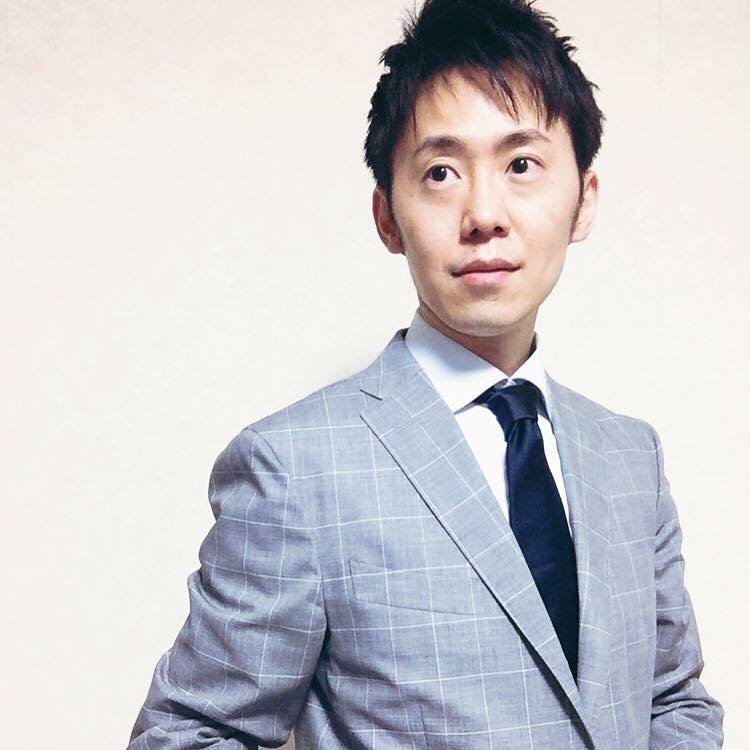

Legal officer | CiRA Foundation



Tsuguharu Ohmura
Legal officer | CiRA Foundation
What are the most significant legal challenges your team has faced as an in-house legal department in recent years?
CiRA Foundation is directed by Professor Shinya Yamanaka, Noble Prize laureate in Physiology and Medicine 2012. The entity was established in September 2019 carved out from the center for iPS Cell Research and Application of Kyoto University. We are manufacturing GMP (Good Manufacturing Practice) graded iPS cell (induced pluripotent stem cell: iPSC) for clinical use, and provide towards domestic and foreign public or private entities, and academic institution under high quality control with affordable price. Until the end of August 2023, we have provided research graded iPS cell Stock 72 institutions and companies; 73 projects, and its clinical graded cells toward 30 institutions and companies; 34 projects toward domestic and foreign collaborators.
Regenerative therapy and drug discovery using iPSC itself is advanced complexed technologies in terms of science, medicine and physiology. So, naturally, handling iPSC, and conducting its research and business contains the newest challenges in terms of law and regulations as well.
An iPS cell is generated from matured somatic blood cell obtained from a donor with appropriate informed consent. So, it is very important to consider how to protect the personal information of the donors (ex. informed consent, ethics, personal data including genomic data).
The cell is reprogrammed through inducing genes and factors (Yamanaka factors) to be pluripotent and turned to be iPSC. Then after, such cultured such iPSC would be differentiated toward target cells like a nerve cell, a cardiac muscle cell or an immune cell. Generated iPS cell has a characteristic of self-reproduce and have a potential to be each human somatic cell. So, as it is class legal issue in seeds of plant, ownership of such self-reproductive material is also core issue. (ex. ownership of cell).
Under the process, complicated and multiple patented and/or patentable technologies would be used. So, IP matters would be always accompanied with such process (for example patent law, trade secret law, and access rights of data).
For clinical use of the differentiated cell, we have to catch up and consider relevant requirement of regulatory law (especially those related to healthcare and pharmaceutical regulations).
In addition to that, tax, export control and Cartagena protocol in biosafety…etc, multiple topics shall be covered in a contract.
The laws and regulations regarding the handling of somatic cells differ between Japan and other countries. To fill this gap in terms of law, it is necessary to adjust agreements to follow the jurisdiction of our collaborators as well.
Our legal team support iPSC international distribution by literally tackling such new, complex, multinational and changeable laws and regulations with business and board members.
What are some of the methods that your team has implemented to overcome these challenges?
To have strong ties with professors in scientific field and legal field. We also frequently obtain advice from outside practitioner including lawyers, tax accountant, IP consultant and export consultant.
The encounter with difficult legal issues is a challenge, but it is also the beginning of something truly fun and interesting. Law itself has existed since pre-Roman times, so there is a vast body of academic papers written by brilliant professors of law and lawyers. However, what about iPS cells? The stem cells are self-renewing, can change their characteristics, are subject to property rights, but also contain personal information of the donor and are established with advanced technology protected by IP rights. Such things would never have occurred to Roman-era lawmakers and legal experts.
There are of course many papers written from the viewpoint of medicine and physiology. However, compared to well-established field in terms of legal, there are few articles written by professors of law and lawyers regarding stem cell-related research and cell therapy product, including iPSC, that encompass private law, data privacy law, ethics, intellectual property, regulatory compliance such as cell production, quality assurance, and storage, finance and taxation.
Instead of asking “How can we bring foreign rules to Japan?”, we think of rules for technologies born in Japan and disseminate them out to the world. That is the motivation we overcome such complexed legal (and more) challenges. And I am even more enthusiastic when I think that this will lead to ultimately benefit suffering patients.